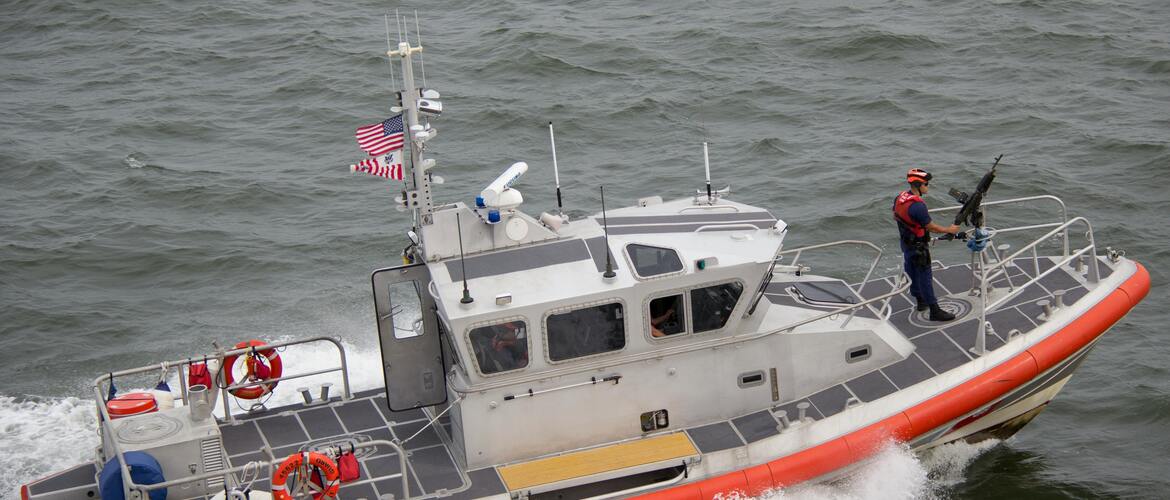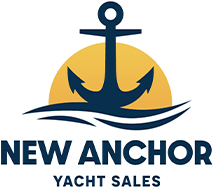Documentation: Coast Guard or State?

Coast Guard documentation is a federal registration system that provides national and international recognition for vessels. This type of documentation is required for vessels engaged in international trade or that are over 5 net tons in size. Coast Guard documentation gives your boat a unique documentation number, similar to a VIN for a car, which can be advantageous for boat owners who plan to travel to foreign waters.
On the other hand, state documentation is a more common and less expensive option for boat owners. State documentation is required for all vessels that will be operated on state waters and is typically handled by the state's department of motor vehicles or natural resources. State documentation provides a state registration number for the vessel, which is displayed on the boat's bow. This option is simpler and quicker compared to Coast Guard documentation, making it a popular choice for recreational boat owners.
The choice between Coast Guard documentation and state documentation ultimately depends on your individual needs and preferences as a boat owner. If you plan on traveling internationally or have a larger vessel, Coast Guard documentation may be the best option for you. However, if you are a recreational boater looking for a simpler and more cost-effective registration process, state documentation may be the way to go.
Regardless of which option you choose, it's important to ensure that your boat is properly registered and compliant with the necessary regulations. Both Coast Guard and state documentation provide legal recognition for your vessel, giving you peace of mind while out on the water. So, weigh the pros and cons of each option and make the choice that best suits your boating needs.























